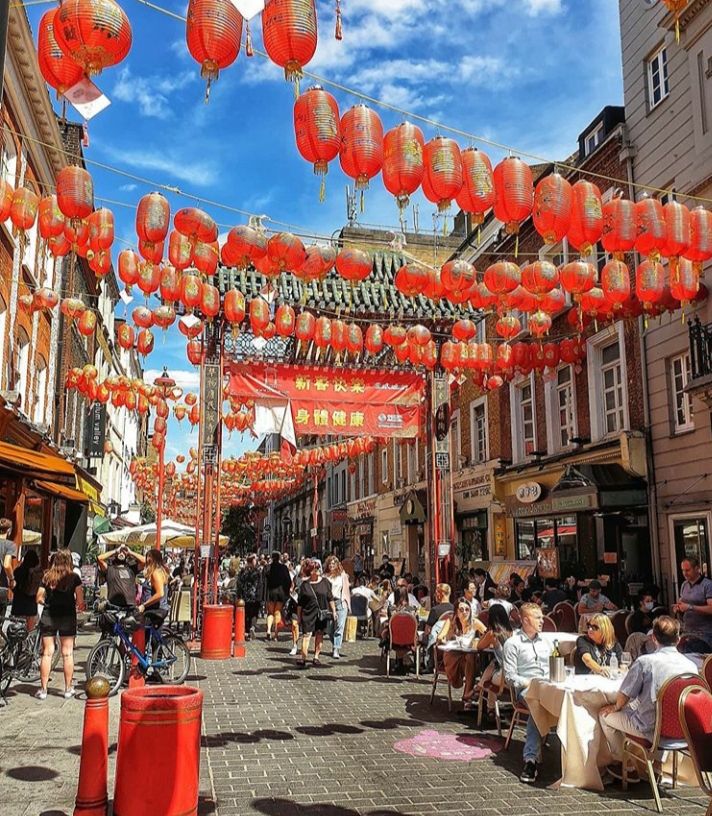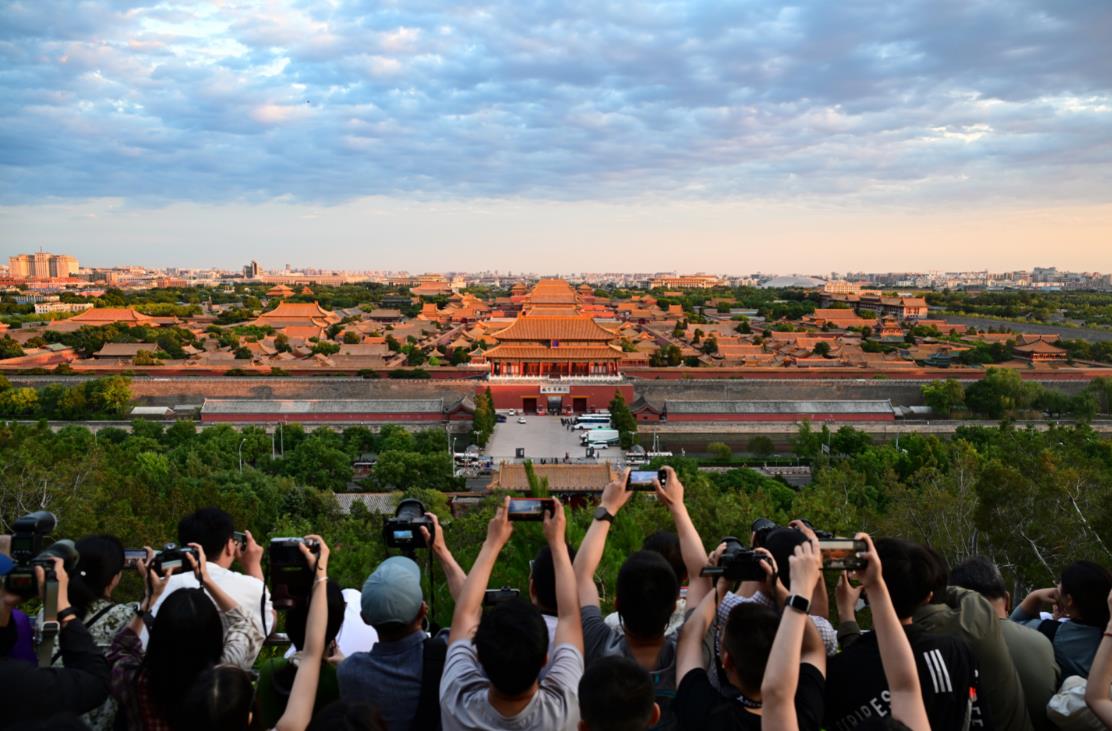Many cities have introduced new supporting measures to enhance service guarantees for elderly citizens.
Chongyang Festival, also known as China’s Seniors’ Day, falls on Oct. 11 this year, and the elderly have hold many activities to celebrate.
Like many other countries, China is undergoing a demographic shift. Official figures show that China has nearly 300 million citizens aged 60 or above. That number is expected to top 400 million by 2035 and approach 500 million by around 2050. In recent years, many cities have launched new supporting measures on strengthening service guarantees for elderly citizens.
Care services for elderly people age 80 and above
Beijing has rolled out a set of welfare measures for elderly people age 80 and above as part of the city’s efforts to tackle challenges posed by its rapidly aging population. Those measures divided into six categories, including plans to provide special allowances and subsidies, construct service facilities, integrate medical and elderly care and provide meal assistance services.
“Senior citizens age 80 and above and those who are disabled or suffering from dementia are the top priority for elderly care services,” said Guo Hanqiao, deputy director of the Beijing Municipal Civil Affairs Bureau.
“The policy also emphasizes the integration of medical services and elderly care for them,” Guo said.
Besides, Beijing will advance the construction and application of smart elderly care scenarios. It will focus on supporting the development of the elderly care robot industry, promoting the smart care service management system and care service terminals, and advancing the construction of smart nursing homes.
Improve the quality of life
The senior canteen in the Cuiyuan No. 1 Community is one of the first government-subsidized dining halls for seniors in Zhejiang Province. The canteen offers discounted meals and delivery services for elderly residents. Inside, a tempting array of freshly cooked dishes awaits the elderly residents of the neighborhood.
“Mr. Chen, seafood and soy products aren’t suitable for you today,” a message flashes across a screen as one senior enters. The personalized reminders appear for certain residents and offer meal suggestions based on their health data.
For 66-year-old Hu Huali, visiting to the Cuiyuan No. 1 Community’s senior canteen is just a five-minute walk from her home. It has become a part of her daily routine.
“I absolutely love the Dongpo pork and braised beef here. The meat is so tender and flavorful,” she said ahead of the Seniors’ Day, “A hearty meal with one meat dish and two vegetable sides costs around 16 yuan. It’s delicious and affordable.”
The initiative also provides crucial support for younger family members. Some of them have to work during the day and are unable to look after their parents at all times.
Senior canteens are a part of China’s efforts to boost home-based and community-based elderly care services. Other measures include offering subsidies, attracting private capital and training talent, said Wu Lijuan, an associate professor in the Department of Sociology at Peking University.
Written by Gu Yetao, additional reporting by China Daily and Xinhua.
If you liked this article why not read: Chinese Village Cafés: More Than Just a Cup of Coffee

XxjpsgC007234_20241010_PEPFN0A001.jpg)












